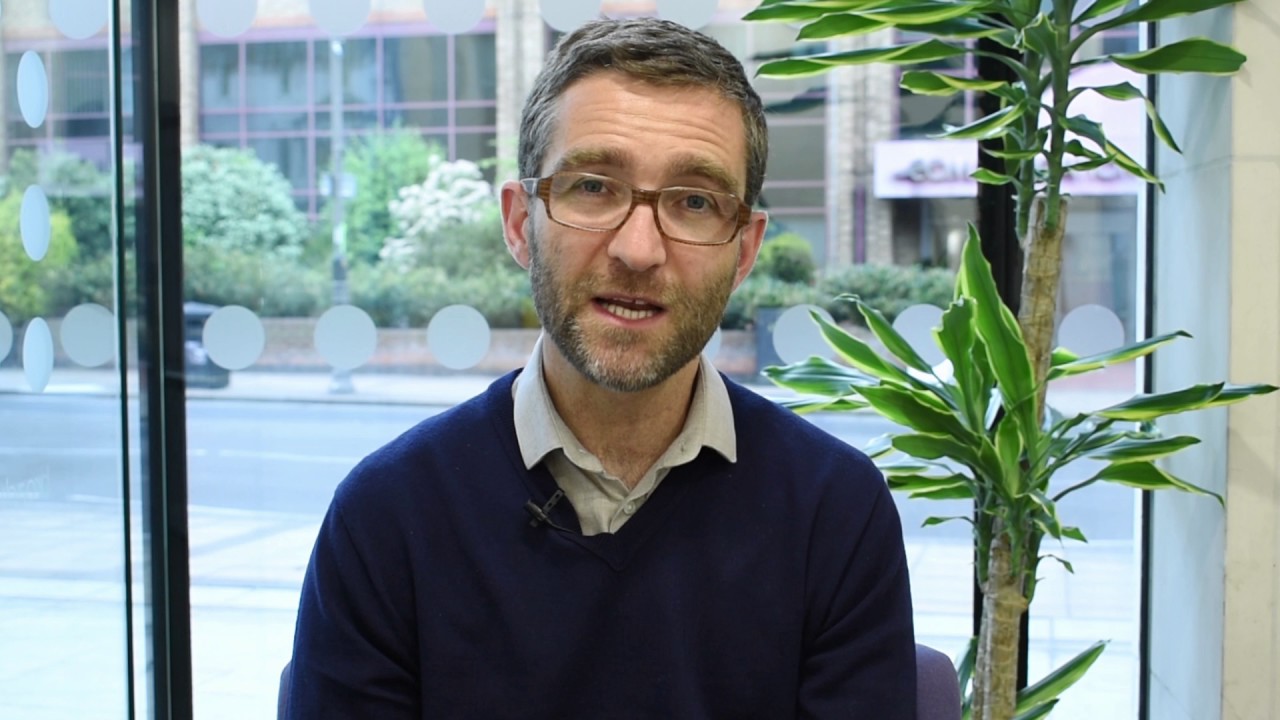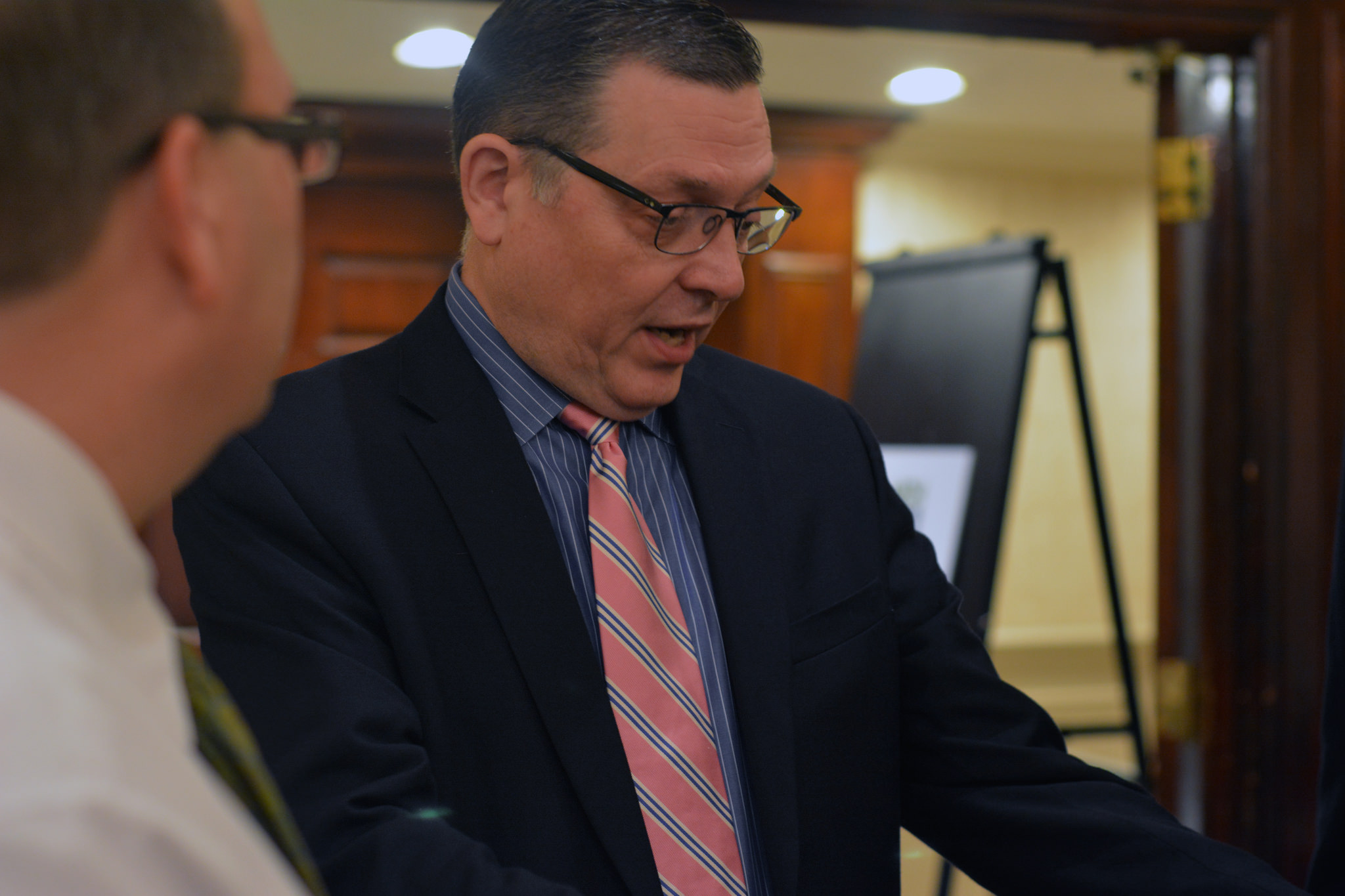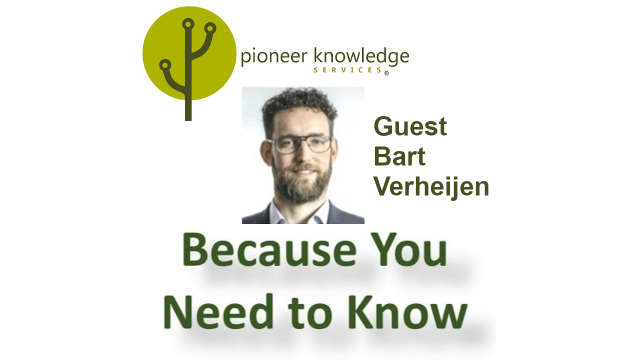
An example of the competitive advantage of a strong workplace culture
Major Australian retailer Woolworths has begun offloading its ailing hardware and home improvement business, Masters.
The strategic and commercial reasons for the failure of Masters have been widely discussed, but an article in ABC News highlights a further contribution that may not be immediately realised – that of workplace culture. The article compares the workplace culture of Masters that of major rival business Bunnings.
Masters is described as having a top-down workplace culture in which there are rigid rules imposed on employees. Bunnings on the other hand empowers employees and values their knowledge and experience.
Bunnings hires former tradespeople who are able to provide customers with trusted advice, and it expects employees to challenge the boss with feedback and ideas welcomed. This means that management receives rapid market feedback, and it results in a very low staff turnover a very friendly attitude to customers.
A 2005 article highlights how Bunnings workplace culture contributed to its rapid growth, describing the main features of the culture:
- high involvement leadership
- high levels of empowerment and autonomy
- high performance and accountability
- always learning and involving
- bringing the vision to the frontline
- a ‘keep it simple’ approach to communications, both in content and presentation – the latter having a distinct ‘do-it-yourself’ appearance
- a passion to look after employees, because they would in turn look after the business
- customer-friendly
- values of integrity, respect, teamwork and achievement
Have you thought about how the workplace culture in your organisation might be affecting its competitive advantage?
Also published on Medium.






